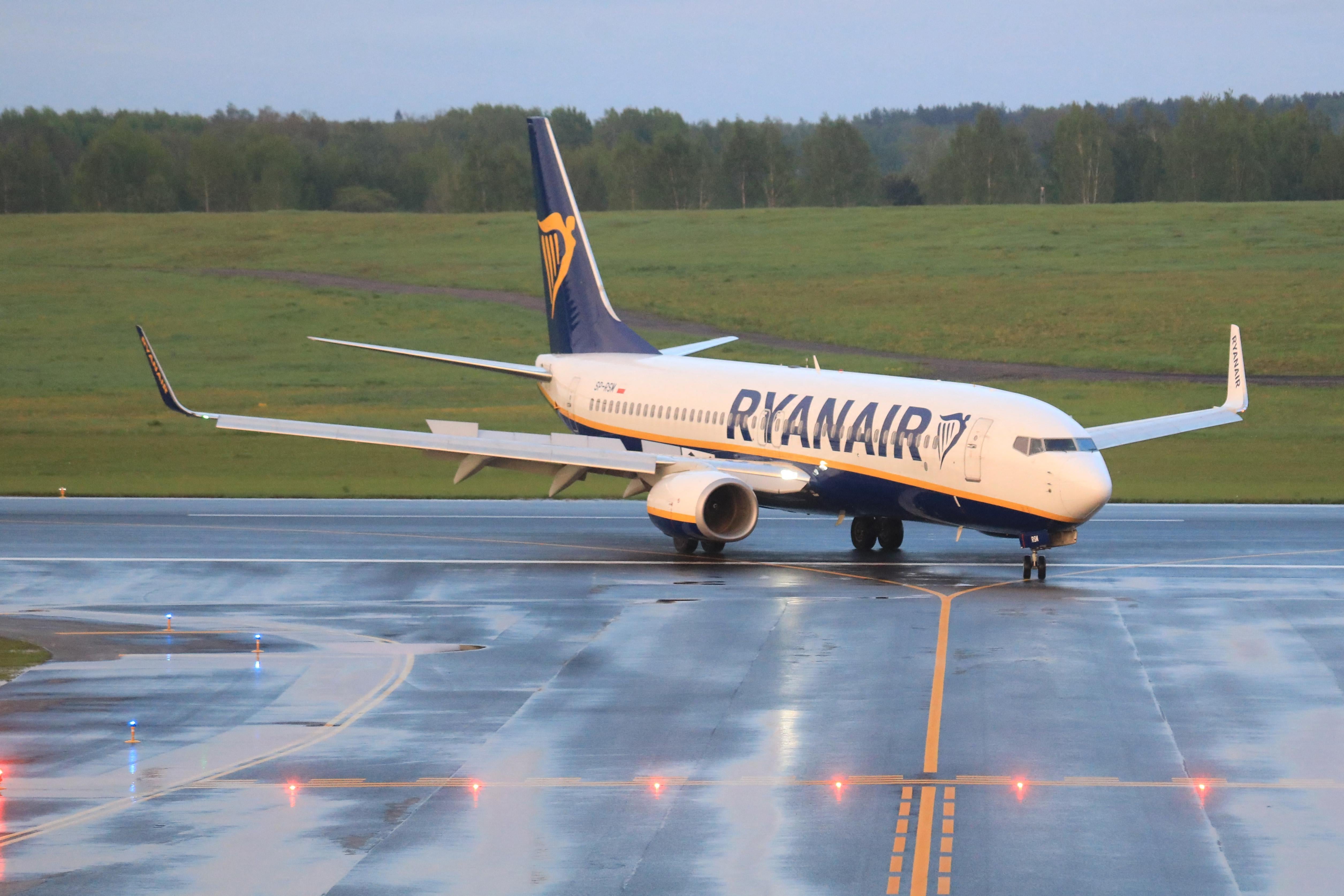When Western governments reacted with outrage after the government of Belarus forced a Ryanair flight bound for Lithuania to land in Minsk on Sunday in order to arrest dissident journalist Roman Protasevich, a number of critics, including the Russian government, accused them of hypocrisy. They pointed to a 2013 incident in which Bolivian President Evo Morales’s plane, traveling home from Moscow, was forced to divert to Vienna after several European countries denied it access to their airspace under pressure from the U.S. government, which believed fugitive whistleblower Edward Snowden might be on board.
It’s not a perfect analogy: on the one hand, unlike Belarus, the U.S. didn’t invent a fake terrorist threat or scramble military jets to force Morales’s plane to lane. On the other hand, the 2013 incident involved direct interference with the travel of the leader of a sovereign state. But what both incidents do have in common is that they are reminders that a state’s sovereignty, and its monopoly on the use of force, apply to the planes flying above them as well.
We tend to think of national borders as flat lines drawn on the earth. But in truth they extend vertically as well. The 1944 Chicago Convention on International Civil Aviation, the international treaty governing commercial air travel, states in its very first article that “ever State has complete and exclusive sovereignty over the airspace above its territory,” including its “land areas and territorial waters.” Governments have the right to restrict access to their airspace and require planes flying over them to land. (This doesn’t mean Belarus is in the clear, legally. International law also prohibits planes from being intercepted in a way that endangers the safety of passengers as well as communicating false information to the crew.) In response to the incident, several European countries are now barring Belarus’s national carrier, Belavia, from their own territories.
As the fates of flights like Iran Air Flight 655, shot down by the U.S. Navy over the Persian Gulf in 1988; Malaysian Airlines Flight MH17, shot down by Russian-backed separatists in Ukraine in 2014; and Ukraine International Airlines Flight 762, shot down by Iran’s Revolutionary Guards in 2020 show, commercial airlines are hardly invulnerable from turmoil on the ground. Experts are now worried about the precedent set by Belarus’s actions, but air carriers were already facing a growing number of no-fly zones due to conflict in the Middle East, Africa, and Eastern Europe.
Still, the Olympian heights at which international air travel operates at least gives the illusion of being in a liminal space outside of national territory, which is one of the reason’s the world seems to have found the Ryanair semi-hijacking so shocking. Most people don’t think of themselves as having been in Canada or Russia just because their planes are over those countries. It’s not as if you get your passport stamped when you cross the border. And governments sometimes exploit the ambiguity.
The Belarus event brought to mind another episode of the Snowden saga. During the month in which Snowden was holed up in the transit lounge at Moscow’s Sheremetyevo Airport, Russia’s foreign minister, Sergei Lavrov, responded to a U.S. extradition request by saying that Snowden had not yet “crossed the Russian border.” Experts on aviation law rejected the argument that the international transit lounge is a geopolitical black hole, pointing out that according to the Chicago Convention, Snowden entered Russia when his plane entered Russian airspace. (In truth, the Russian government almost certainly had no intention of extraditing Snowden and eventually granted him asylum.)
Even if there’s some ambiguity and hypocrisy involved in how much authority states have over international air travelers, countries can still try to use whatever power they can. Potrasevich isn’t the first to learn this. The BBC rounded up a few other precedents including the 1956 arrest of Algerian independence leader and future President Ahmed Ben Bela on a civilian flight from Morocco to Tunisia. Many people in politically precarious situations are apparently well aware of this danger. After Protasevich’s arrest, retired tennis star Martina Navritalova tweeted that she “never flew anywhere near” the Soviet Union after defecting from Communist Czechoslovakia in 1975. Ballet dancer Mikhail Baryshnikov apparently took similar precautions.
States looking to kill or abduct their enemies often view international borders as more of a hindrance than a deterrent, and will certainly take advantage any kind of territorial ambiguity, as Saudi Arabia did when it dispatched a hit squad to kill journalist Jamal Khashoggi at the Saudi Consulate in Istanbul—technically Saudi territory, under international law—in 2018. Despite the international sanctions and opprobrium Belarus is already facing for Protasevich’s abduction, it seems likely other countries might try a similar maneuver if the opportunity presents itself.
